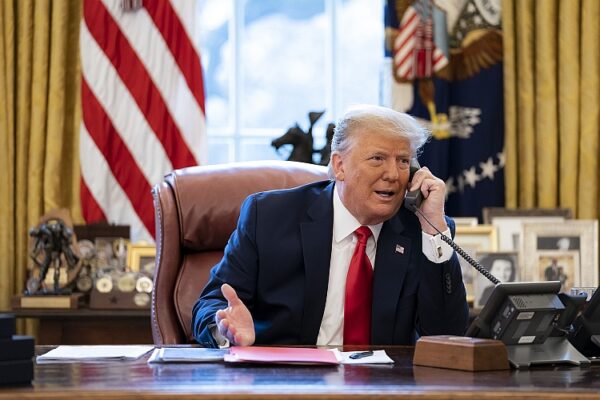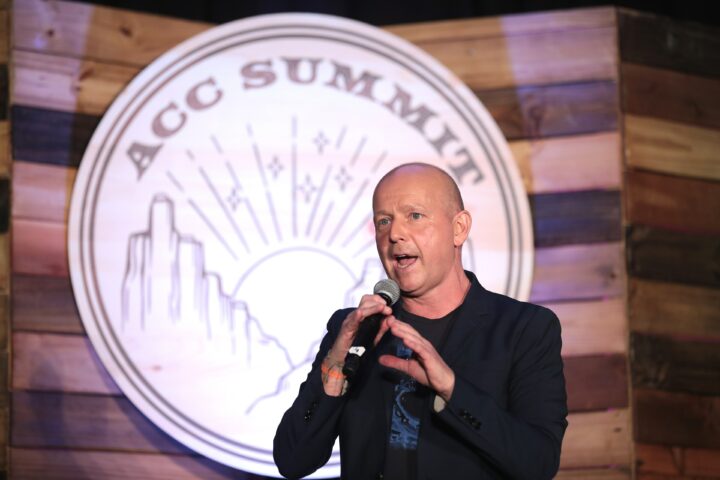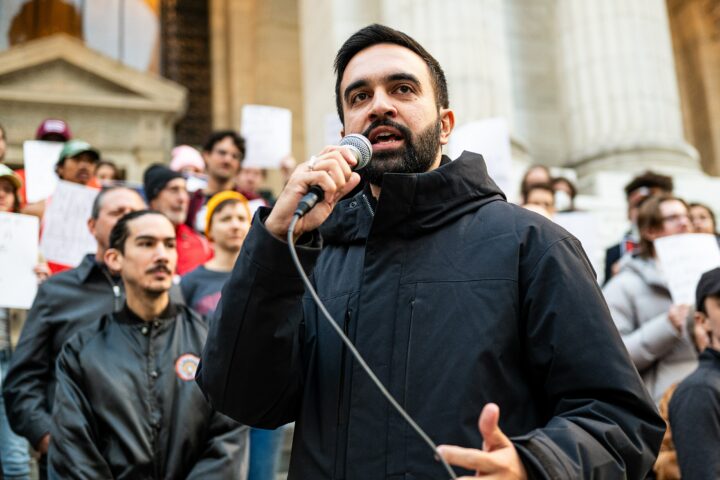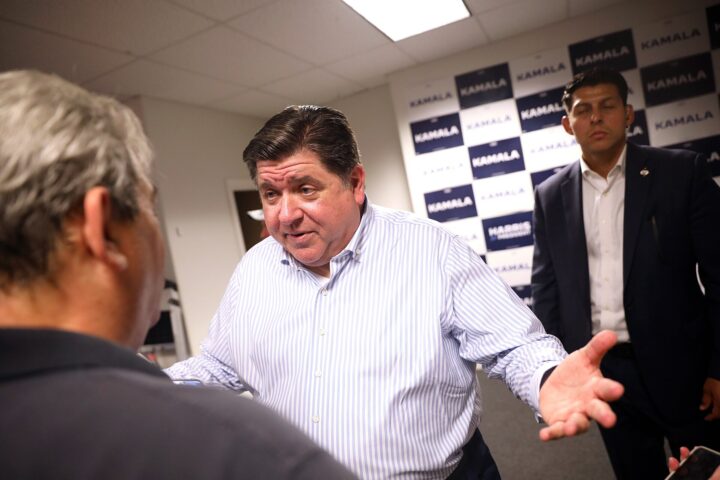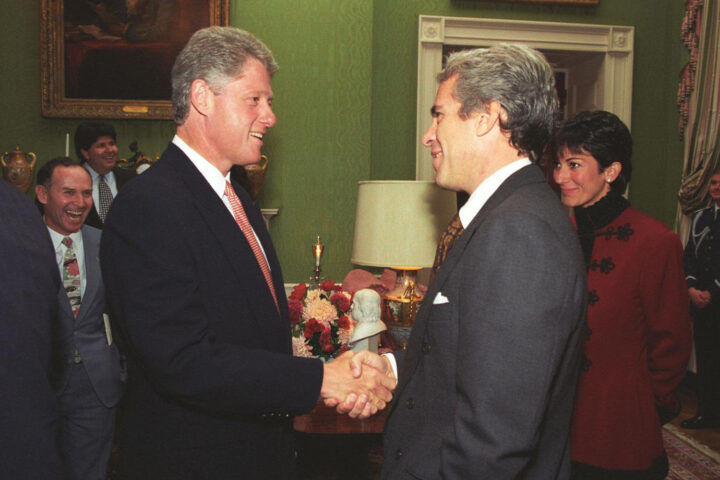In a dramatic escalation of rhetoric and action, President Donald Trump has reportedly ordered a military-style intervention in Los Angeles to address what he termed an “invasion” of “migrant riots.”
This directive comes as protests erupted in response to recent immigration raids, prompting Trump to deploy 2,000 National Guard troops to the city.
During a press conference, Trump characterized the unrest as an affront to law and order. “They spit and worse. You know what they throw at ’em, right? And when that happens, I have a little statement: They spit, we hit!” he asserted, framing the protests as violent and insurrectionist.
In a subsequent message on Truth Social, Trump described Los Angeles as “occupied by Illegal Aliens and Criminals,” claiming that violent mobs were attacking federal agents attempting to enforce deportation measures.
Trump’s rhetoric intensified as he declared his administration’s intent to restore order. “I am directing Secretary of Homeland Security Kristi Noem, Secretary of Defense Pete Hegseth, and Attorney General Pam Bondi… to liberate Los Angeles from the Migrant Invasion,” he stated, promising that law and order would be restored.
The situation in Los Angeles has deteriorated rapidly, with demonstrators clashing with law enforcement and military personnel throughout the day.
By the evening, tensions escalated as protesters began throwing projectiles at police. In response, officers deployed tear gas to disperse the crowds, declaring the assembly “unlawful” and ordering individuals to vacate the area.
Democratic Governor Gavin Newsom responded to the escalating violence by urging protesters to remain peaceful, cautioning against giving Trump the confrontation he seeks.
“Stay calm. Stay peaceful,” Newsom advised on social media, highlighting the potential for the situation to spiral out of control.
The deployment of National Guard troops and the subsequent clashes reflect deep-seated divisions over immigration policy and enforcement in the United States.
Critics of Trump’s approach argue that such military interventions only exacerbate tensions and contribute to a climate of fear among immigrant communities.
As the protests continue, the implications of Trump’s orders raise questions about the federal government’s role in local law enforcement and the balance of power between state and federal authorities.
With emotions running high and both sides digging in, Los Angeles finds itself at the center of a broader national debate over immigration and civil rights.
The unfolding events underscore the challenges faced by local leaders as they navigate the complexities of immigration enforcement amid rising unrest.
As the situation develops, the eyes of the nation remain focused on Los Angeles, where the intersection of policy and public sentiment is playing out on a volatile stage.
[READ MORE: Trump Threatens Musk With “Consequences” Amid Budget Bill Showdown]

